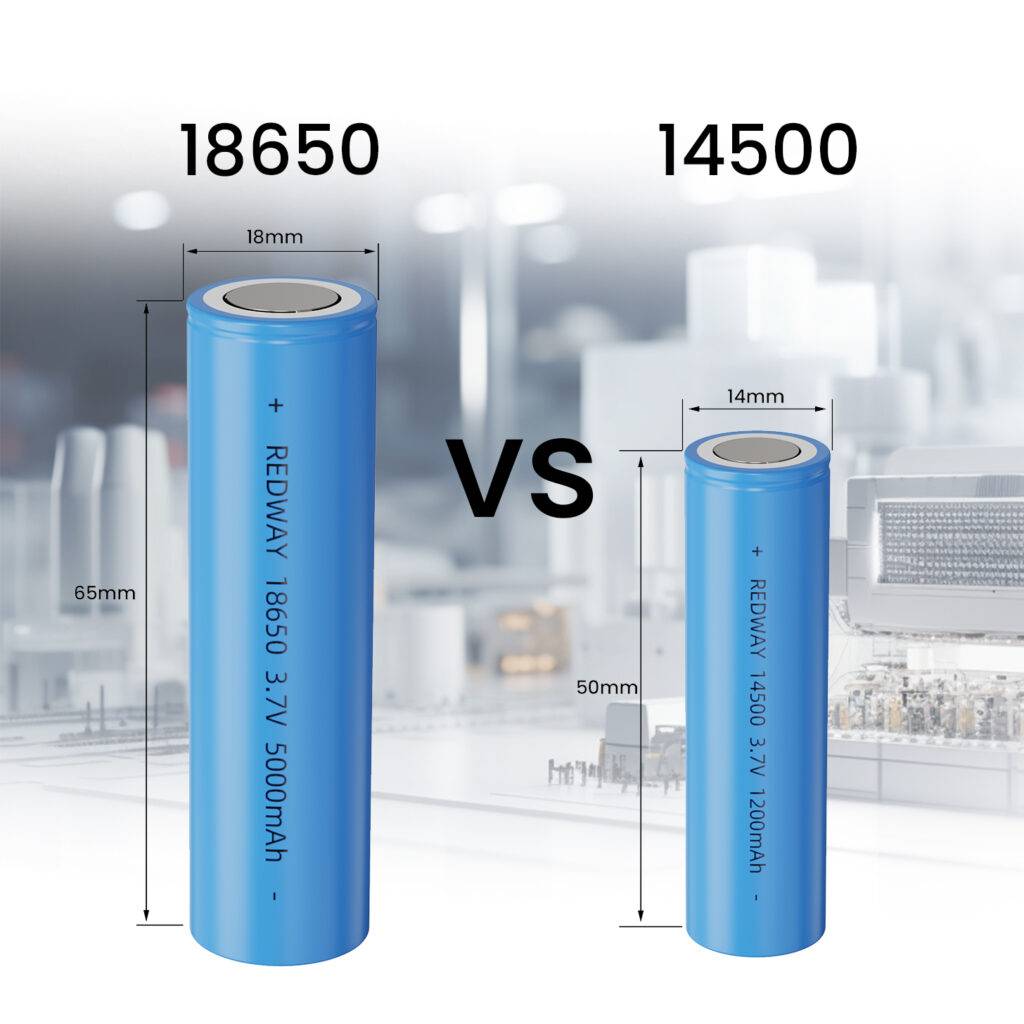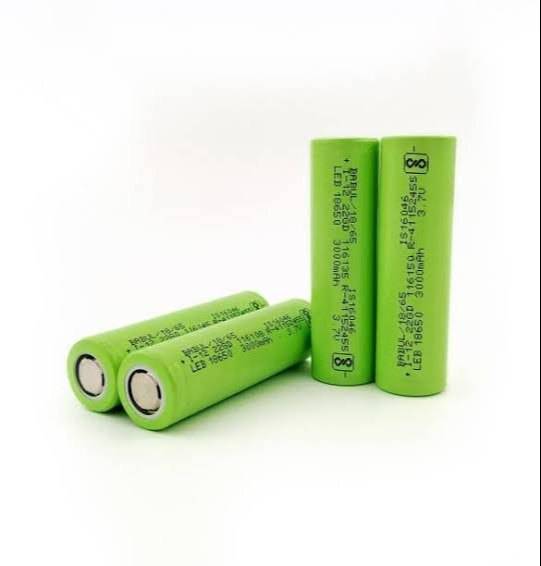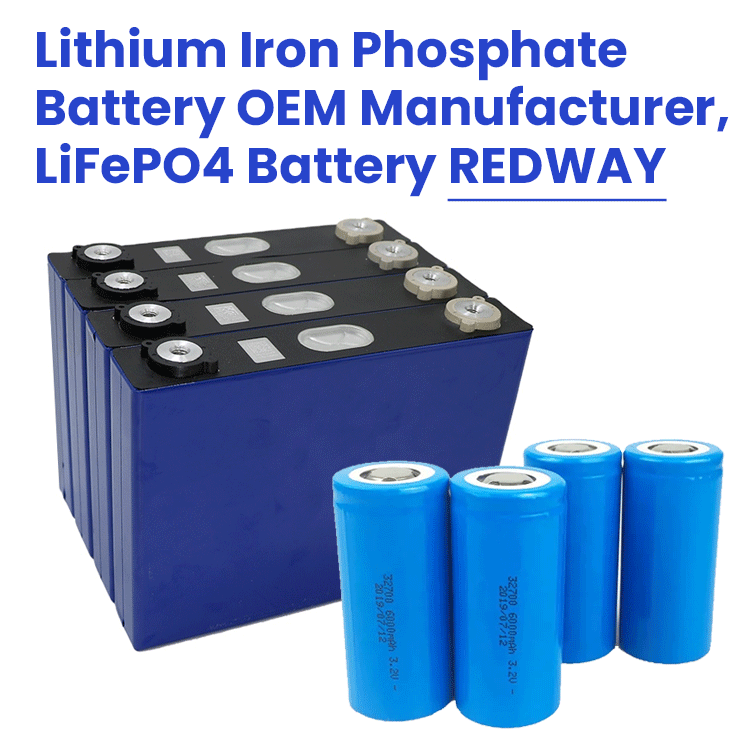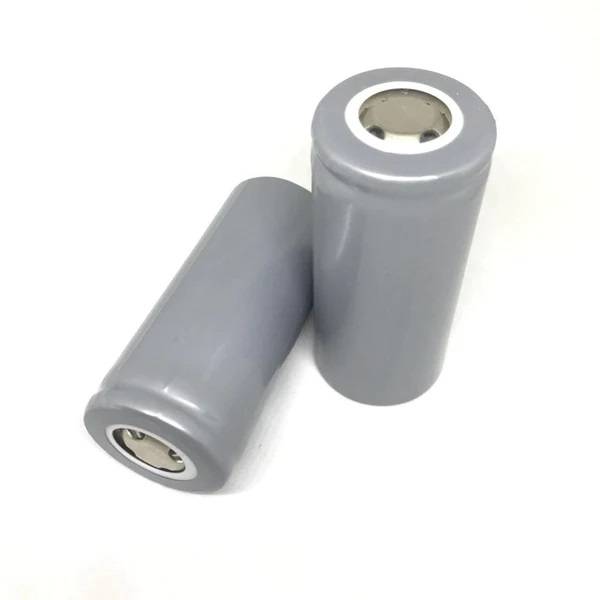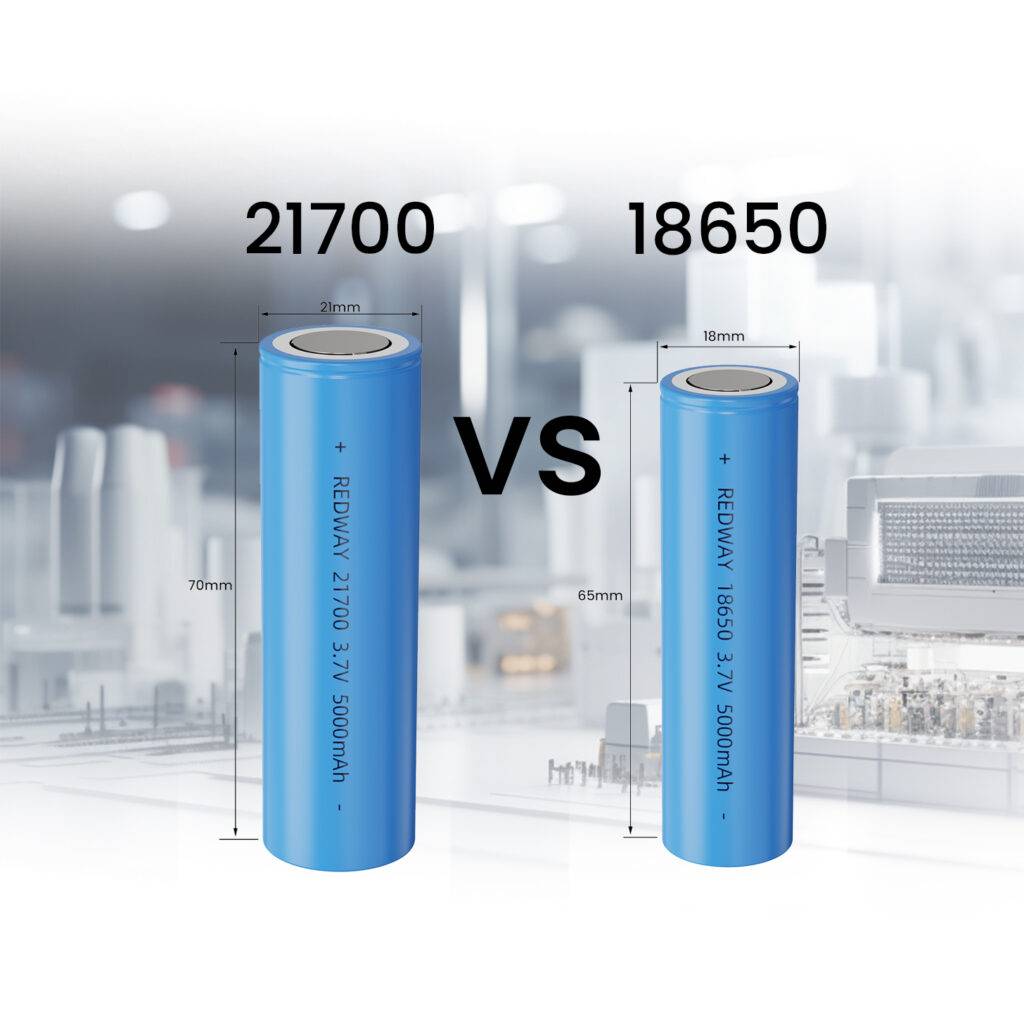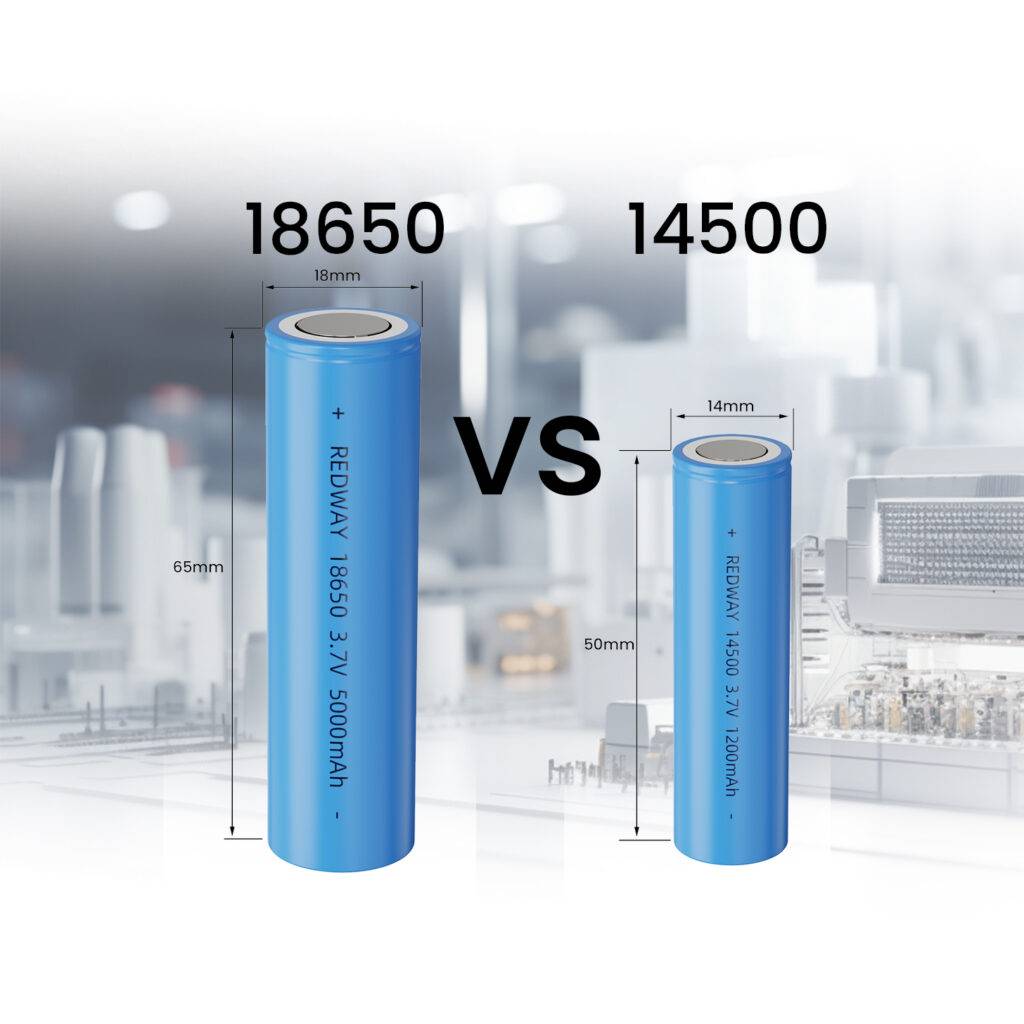Welcome to the world of lithium batteries, where technology meets power-packed performance! Lithium batteries are one of the most talked-about energy storage solutions today and with good reason. From 18650 cells that fit in your hand to massive 24V packs for industrial applications, these compact yet powerful batteries have revolutionized the way we store energy. In this blog post, we’ll delve deeper into what lithium batteries are, how they work, their advantages and disadvantages, as well as some safety concerns associated with them. So sit back and let’s explore the power of lithium together!
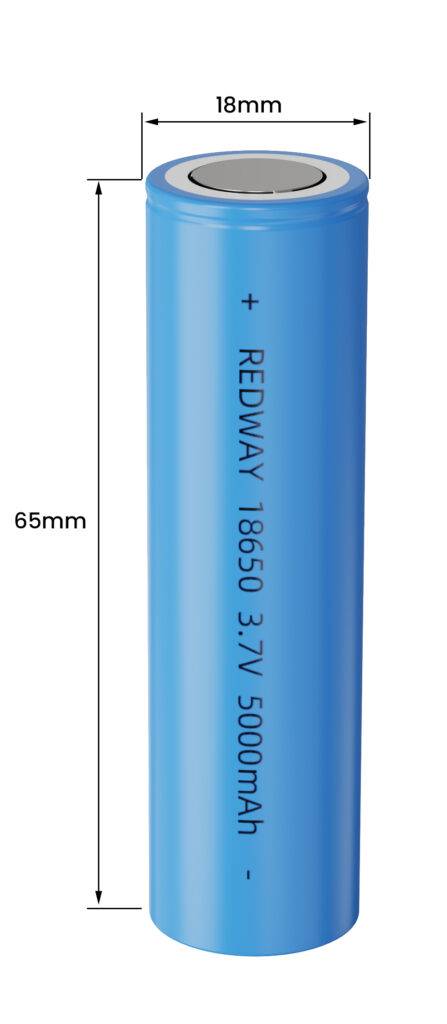
#post_seo_title
What are lithium batteries?
Lithium batteries are a type of rechargeable battery that has gained immense popularity over the past few decades. They are composed of one or more electrochemical cells that convert chemical energy into electrical energy, making them suitable for use in various applications from smartphones to electric cars.
The most common lithium-ion batteries are made up of 18650 cells, named after their dimensions (18mm diameter and 65mm length). These small cylindrical units pack a powerful punch and have become an industry standard for portable electronics due to their compact size and high energy density.
In addition to smaller sizes, lithium batteries can also be connected together to form larger packs with higher voltages. For example, a 24V pack may consist of multiple 18650 cells wired in series or parallel configuration depending on the application it’s designed for.
One reason why lithium batteries have gained so much attention is because they offer several advantages over traditional lead-acid batteries such as lightweight construction, longer lifespan, faster charging times, and higher discharge rates. However, there are also some downsides associated with these types of batteries which we’ll explore further in this post.
18650 cells
18650 cells are cylindrical-shaped lithium-ion batteries that have garnered a large following in recent years. Named after their dimensions, 18mm diameter and 65mm length, these cells are widely used in various applications ranging from laptops to electric vehicles.
One of the main advantages of 18650 cells is their high energy density. They can store more power than other types of rechargeable batteries and last longer between charges. Additionally, they have a low self-discharge rate which means they can hold their charge for months without being used.
Another key feature of 18650 cells is their versatility. They come in different capacities and voltages which make them suitable for use in multiple devices with varying power requirements. Moreover, they are easy to replace when depleted compared to proprietary battery designs.
It’s worth noting that while 18650 cells offer numerous benefits, there are also some drawbacks associated with them such as cost and safety concerns if not handled properly. However, overall these small but powerful batteries continue to be an attractive option for many electronic enthusiasts due to their reliability and performance capabilities.
24V packs
24V packs are lithium battery configurations that provide enough voltage to power larger devices or machines. These packs consist of multiple 18650 cells connected in series, which increases the overall voltage output while maintaining a compact size.
One advantage of using 24V packs is their ability to deliver high power outputs with minimal sagging. This makes them ideal for applications that require sustained and consistent energy delivery such as electric vehicles, solar-powered systems, and portable power stations.
Moreover, these packs can be easily customized to meet specific demands by connecting more or fewer cells in series. This flexibility allows users to optimize capacity and voltage output according to their needs.
However, it’s important to note that handling 24V packs requires knowledge on proper installation and usage since they contain high voltages that can be dangerous if mishandled. Careful maintenance and monitoring are also essential to ensure prolonged lifespan and safe operation.
Overall, 24V lithium battery packs offer versatility in powering various devices while providing reliable performance during extended use periods.
How do lithium batteries work?
Lithium batteries work by using lithium ions to transfer energy between the two electrodes, which are typically made of carbon and a metal oxide. These ions move back and forth between the two electrodes during charging and discharging processes.
When the battery is being charged, lithium ions from the positive electrode (metal oxide) travel through an electrolyte solution to reach the negative electrode (carbon). This causes electrons to be released from the negative electrode, creating an electrical current that charges the battery.
During discharge, this process is reversed – lithium ions flow from the negative electrode back to the positive electrode while releasing stored energy in a form of electrical current. The more lithium ions that can be transferred between these electrodes, means longer lasting charge capacity for your device or equipment.
To ensure efficiency and safety of these processes, Lithium-ion batteries contain complex systems such as electronic control units or Battery Management Systems (BMS), designed to monitor temperature levels, voltage fluctuations and overcharging prevention mechanisms.
Advantages of lithium batteries
Lithium batteries offer several advantages over traditional battery types. Firstly, they have a higher energy density, meaning that they can store more energy in a smaller space. This makes them lightweight and compact, which is especially beneficial for portable devices such as smartphones and laptops.
In addition to their high energy density, lithium batteries also have a longer lifespan than other battery types. They can be recharged multiple times without significantly degrading their capacity or performance. This reduces the need for frequent replacements and helps save costs in the long run.
Another advantage of lithium batteries is their low self-discharge rate when not in use. They retain most of their charge even after months of storage, making them ideal for emergency equipment like flashlights or backup power sources.
Lithium batteries are environmentally friendly compared to other battery types because they don’t contain toxic materials like lead or cadmium. Additionally, many manufacturers now recycle old lithium-ion batteries to reduce waste and promote sustainability.
The numerous benefits offered by lithium batteries make them an excellent choice for many applications where reliable portable power is needed.
Disadvantages of lithium batteries
While lithium batteries have many advantages, they are not without their disadvantages. One major disadvantage of lithium batteries is that they can be expensive to produce. This is because the materials required for making these batteries are rare and costly.
Another disadvantage of lithium batteries is their sensitivity to temperature changes. Extreme temperatures, both hot and cold, can affect the performance of these batteries. In addition, if a lithium battery gets too hot it can become unstable and potentially dangerous.
Lithium-ion batteries also have limited lifespans compared to other types of rechargeable batteries. Over time and use, the capacity of a lithium-ion battery will decrease until it needs to be replaced altogether.
There is always some risk associated with using any type of battery due to possible leaks or overheating during charging or discharging cycles. It’s important to follow manufacturer instructions carefully when using any type of battery-powered device.
Despite these drawbacks, however, the benefits offered by lithium-ion technology continue to make them an attractive option for many applications where power density and energy efficiency are critical factors for success in today’s modern world.
Applications of lithium batteries
Lithium batteries are used in a wide range of applications due to their high energy density, low self-discharge rate, and long lifespan. One of the most common applications is in portable electronic devices such as smartphones, laptops, and tablets. Lithium batteries provide these devices with longer battery life compared to traditional nickel-cadmium or alkaline batteries.
Another application for lithium batteries is in electric vehicles (EVs). The high energy density of lithium-ion cells makes them an ideal choice for EVs because they can store more energy than other types of rechargeable batteries like lead-acid. Additionally, the reduced weight and size of lithium-ion batteries make them practical for use in cars and other vehicles.
Lithium batteries are also used extensively in renewable energy systems such as solar panels and wind turbines. These systems require reliable storage solutions that can efficiently capture excess power when it’s available and deliver it when needed during peak demand hours.
Medical equipment such as pacemakers also rely on lithium-ion technology because they need long-lasting power sources that can operate reliably without being replaced too frequently. The widespread adoption of lithium battery technology has transformed many industries by providing improved performance at lower costs while reducing environmental impact.
Safety concerns with lithium batteries
Safety concerns with lithium batteries are important to consider when using these powerful energy sources. One major concern is the risk of fire or explosion if the battery is damaged or improperly charged. This can occur due to overheating, overcharging, punctures, or short circuits.
To minimize these risks, it is essential to use high-quality lithium batteries that come from reputable manufacturers and follow proper charging procedures. It’s also important to store them in appropriate locations away from extreme heat or cold.
Another safety concern with lithium batteries relates to their chemical composition. Lithium-ion batteries contain flammable liquid electrolytes that can ignite under certain conditions. It’s crucial not to expose the battery cells’ contents by breaking them open as this could lead to injury or damage.
It’s vital always to read and follow any instructions provided by the manufacturer before using a new battery pack for a device such as a laptop computer, smartphone, power tool etc., which will help avoid potential hazards posed by improper usage of such devices.
Conclusion
Lithium batteries have revolutionized the way we power our devices. From small 18650 cells to large 24V packs, these batteries are becoming increasingly popular due to their high energy density and long lifespan.
Despite the many advantages of lithium batteries, proper care is necessary to ensure their safety. Users must be aware of potential hazards associated with improper handling or storage.
The power of lithium batteries has opened up new possibilities in various applications such as electric vehicles, renewable energy systems, and portable electronics. As technology continues to advance, it’s exciting to see how these batteries will continue to play a crucial role in shaping our future.


